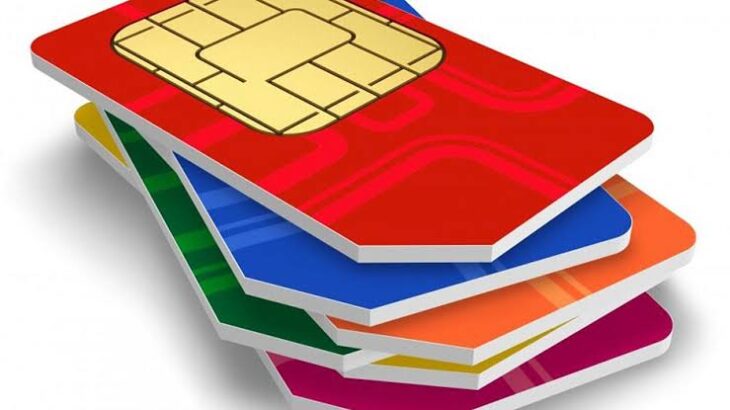NAIROBI, Kenya, Apr, 10 – The increased cases of cybercrimes such as fraud, identity theft, and even the violation of one’s privacy in the digital space continue to raise fundamental questions about the government and particularly mobile network operator’s (MNO) capability in tackling the vice which poses serious national security concerns.
In a bid to address the issue, the government directed telecommunication operators to conduct a validation exercise aimed at streamlining the sector while ensuring that individual subscribers have registered their SIM cards in complete adherence to the Kenya Information and Communications (Registration of SIM cards) Regulations gazetted on August 14, 2015.
Amidst an April,15,2022 deadline for Kenyans to ensure their details are properly validated, the Communications Authority of Kenya says that several red flags forced the government to ensure that the regulations were fully enforced and that the subscriber’s welfare, as well as the country’s security, was not jeopardized.
During a 2021 inspection exercise carried out by the authority in 22 counties, the regulator’s Director-General Ezra Chiloba said that it was established that SIM cards were sold without registration, and customers were only later advised to register their cards.
Also, the inspection revealed that SIM cards were sold using other people’s ID cards or proxies, or other documents like the NSSF cards and student IDs, among others.
“SIM cards are given for free, use of fictitious identity card numbers in most cases, therefore not resulting in registration but the sale of the line,” said Chiloba who further revealed that,” SIM cards are sold without the presentation of an identification document and no verification is done,”
Chiloba had earlier cautioned that sinister individuals had invaded the space and used unregistered SIM cards to commit heinous crimes such as terrorism in the country.
Incidences of sim-boxing financial fraud, kidnapping, and related crimes are said to have prevailed in the country as a result of compromised sim card registration processes.
“At Safaricom, we have been taking photos and the reason is to enhance the security of the resources and the data of our customers. What we have seen in the past is there has been a lot of incidence of impersonation and M-Pesa Fraud driven by stolen identity and we thought it was a good way to continue to make our customers safe and secure their data private,” said Nicholas Mulila, Chief Risk Management, Security, Safaricom.
Kenyans have now been encouraged to purchase SIM cards from authorized dealers warning against purchasing the cards from hawkers on the streets. In recent cases, the cards have reportedly been stolen by criminals and sold to unsuspecting Kenyans bypassing the registration process.
“Those people have no capacity to carry out registration in accordance with the threshold provided in the regulations,” said Matano Ndaro, Director of Licensing Compliance, and Standards, Communications Authority of Kenya.
Kenyans who are yet to validate their information now have up to April,15,2022 to do so, or else their mobile numbers will be deactivated.
CA has further said that subscribers are not obligated to submit their photos during the process while stating that one can confirm their status through the USSD code *106# on all telecommunication platforms with standardized menus and messages in place.
Want to send us a story? Contact Shahidi News Tel: +254115512797 (Mobile & WhatsApp)


